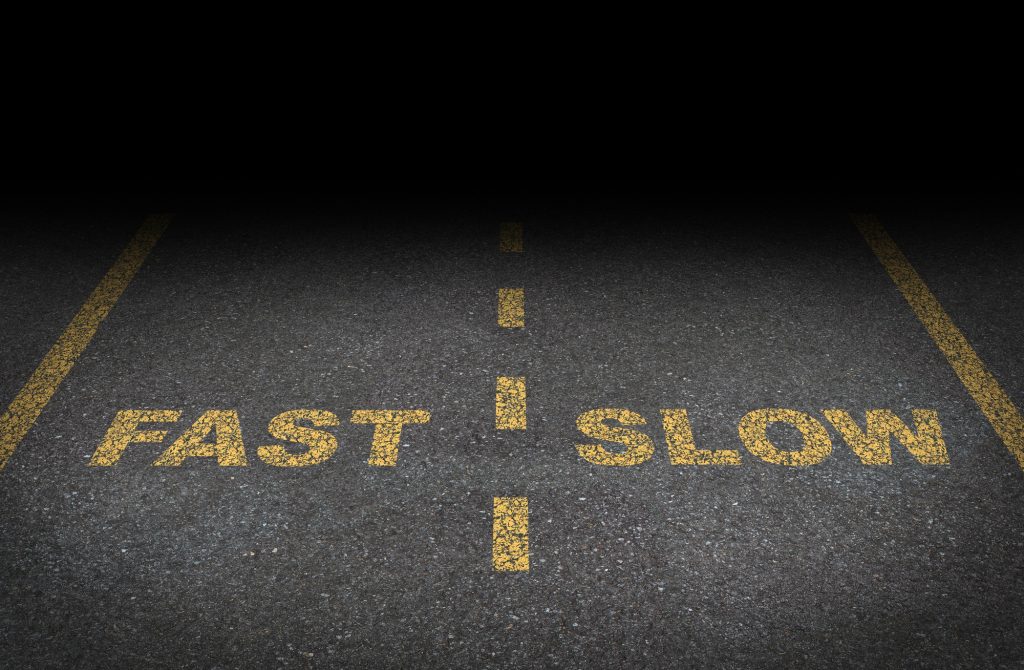Three Lessons from Athletes applied to Leaders in Organisations
Confession: I am one of the resolute runners who is unable to pound the pavements without motivational music or wise words from Nike Head Coach Chris Bennett on my running App. I’ve set up a 14-week course of guided running, including recovery runs, speed runs and long runs. Over the weeks, I’ve heard Coach Bennet in my headphones tell me ‘sometimes you’ve got to run slow to run fast’. It got me thinking how the same idea of going slow to go fast applies to both athletics and the world of leadership in organisations. Here are three lessons leaders in organisations can learn from athletes: –
1
Deliberate Practice for Mastery
Research conducted by psychologist Dr Anders Ericsson highlighted the significance of deliberate practice in developing expertise. By breaking down complex skills into manageable components and engaging in focused, repetitive training, athletes progressively improved their performance. This approach applies equally at work where you’re aiming to excel and develop your skills, whether they be technical or practical. Some of the most successful development interventions I have designed over the years are where you have space in between learning sessions to test your skills in the workplace.
2
Building Resilience and preventing Burnout
In the athletic world, pushing too hard without adequate recovery often leads to injuries and burnout. Similarly, a relentless pursuit of success in your job without balance can have detrimental effects. Research conducted by Jennifer Moss for the Harvard Business Review, and Neil Khaund at Forbes suggests that regular breaks, prioritizing self-care, and embracing a sustainable pace allow organisations to maintain their energy, creativity, and focus. Think about when you have your best ideas, for many of us, it’s often when we step away from the day-to-day or go somewhere different to recharge … or perhaps it’s even the shower!?
3
Long-Term Vision and Patience
The most successful athletes and leaders in organisations understand that true excellence takes time. Patience and long-term vision are critical components of the “go slow to go fast” approach. Athletes understand the importance of keeping a longer-term perspective on the body and staying injury-free. Often, they use a technique called ‘progressive overload’ to gradually increase the stress on the body, leading to enhanced performance. In business, gradual adaptations and continuous improvement play a vital role in sustainable success. But, to think long term, we need to be patient. Empirical evidence presented by Antonio Argandoña shows the positive effect of patience on creativity, collaboration, and productivity, as well as on the long-term sustainability of companies. We may all want to be an overnight success, being able to run a marathon with no training or setting up the next billion-dollar company, but it is patience that will ultimately lead to triumph. By maintaining a long-term focus, athletes and leaders alike can endure short-term setbacks, build resilience through adversity, and make sustainable progress towards their ultimate goals.
So, if you see me out on the pavements or up a hill shuffle running, I’m not going slow – I’m just pacing myself for when I need to go fast. And when I see you relaxing on a sunbed, gardening, playing ball with the kids or watching a football match on TV, I know you’re playing the long game, looking after yourself and going slow for when you need to go fast.
References and further reading
- The role of deliberate practise in the acquisition of expert performance, KA Ericsson, RT Krampe, C Tesch-Römer – Psychological review, 1993
- How Leaders — and Their Organizations — Can Help Prevent Burnout: Jennifer Moss, Harvard Business Review, April 14, 2021
- Five Strategies To Prevent And Avoid Burnout At Work, by Neil Khaund; Forbes May 4, 2023
- https://www.mckinsey.com/capabilities/strategy-and-corporate-finance/our- insights/what-matters-most-six-priorities-for-ceos-in-turbulent-times
- Cracking the growth code: The ten rules of growth explained, April 12, 2023 | McKinsey.com Podcast By Chris Bradley and Rebecca Doherty
- Mischel, W., & Ebbesen, E. B. (1970). Attention in delay of gratification. Journal of Personality and Social Psychology, 16(2), 329–337. https://doi.org/10.1037/h0029815
- Running Easy Makes Hard Running Feel Way Easier—Here’s How; Chris Bennett; Runner’s World, July 2019
- Patience: the best remedy for business haste, IESE, July 29, 2019

